Castelmore, the château where d’Artagnan was born, was never a luxurious residence, and Bertrand de Batz, although of minor nobility, was a man of only modest means who left behind him a heavily indebted estate at his death.
His widow, Françoise de Montesquiou, was forced to pawn all her belongings. Gascony too, at the time, was going through a difficult financial period, with high taxes, outbreaks of plague, drought and frequent hailstorms, while armed conflicts were further destabilizing the countryside.
It is thus easy to understand why the children of Castelmore—first Paul, then Charles and Jean—chose to leave their ancestral home.
We know little about d’Artagnan’s early years. Like other Gascon cadets, he most likely learned French—Gascon being his native language—along with arithmetic and a bit of Latin. At the same time, he would have been trained in fencing and horseback riding. Like their uncle Daniel, his younger brother Arnaud became a theologian and parish priest in Lupiac. while their sister Jeanne, the youngest, was sent to the Ursuline convent in Auch.
Glory and Hardship
At the age of sixteen or seventeen cadets tended to leave home for Paris in search of fortune and glory,and ever since the time of Henri IV many young men from Gascony and Béarn had followed this path. Their future remained uncertain however; many remained simple soldiers, some fell into poverty, while others wandered the streets in search of employment—or a duel.
Upon arrival in Paris, cadets underwent one or two years of military training, financed by their regiment but without pay. This training opened several paths: the most deserving could become non-commissioned officers, while those with sufficient means could purchase a commission as officers. Some, rewarded for their bravery, were granted posts directly by the King.
The luckiest, after several campaigns, joined the Musketeers or the Royal Guard.
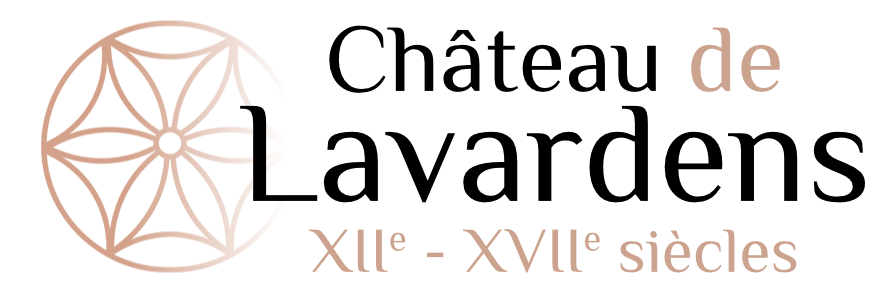
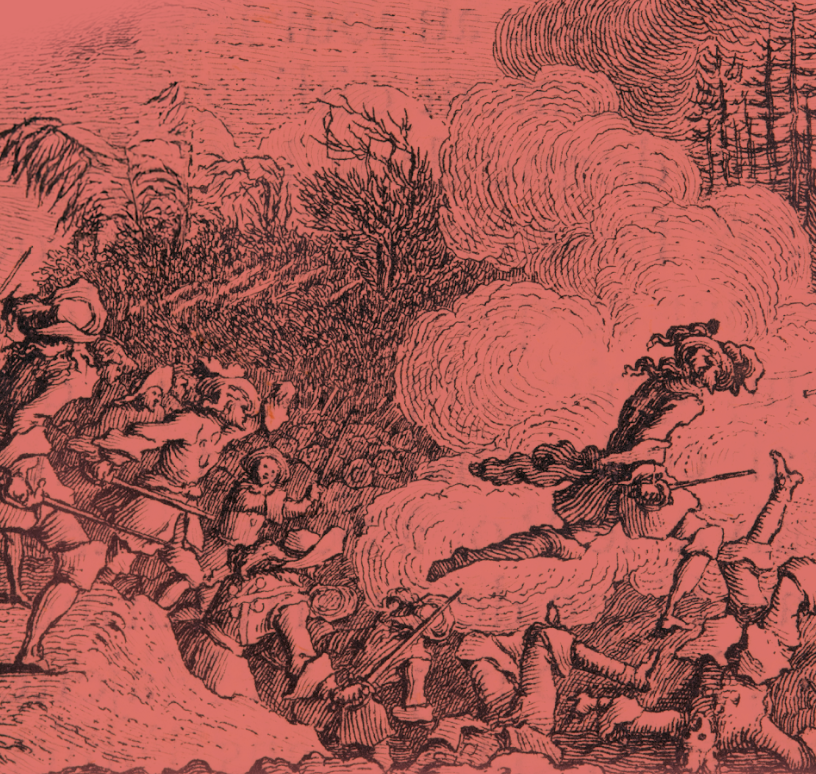
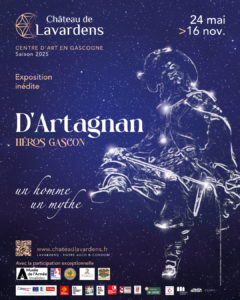
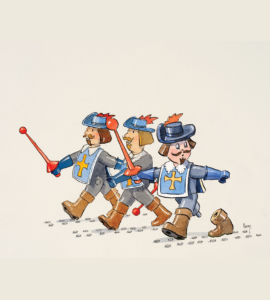
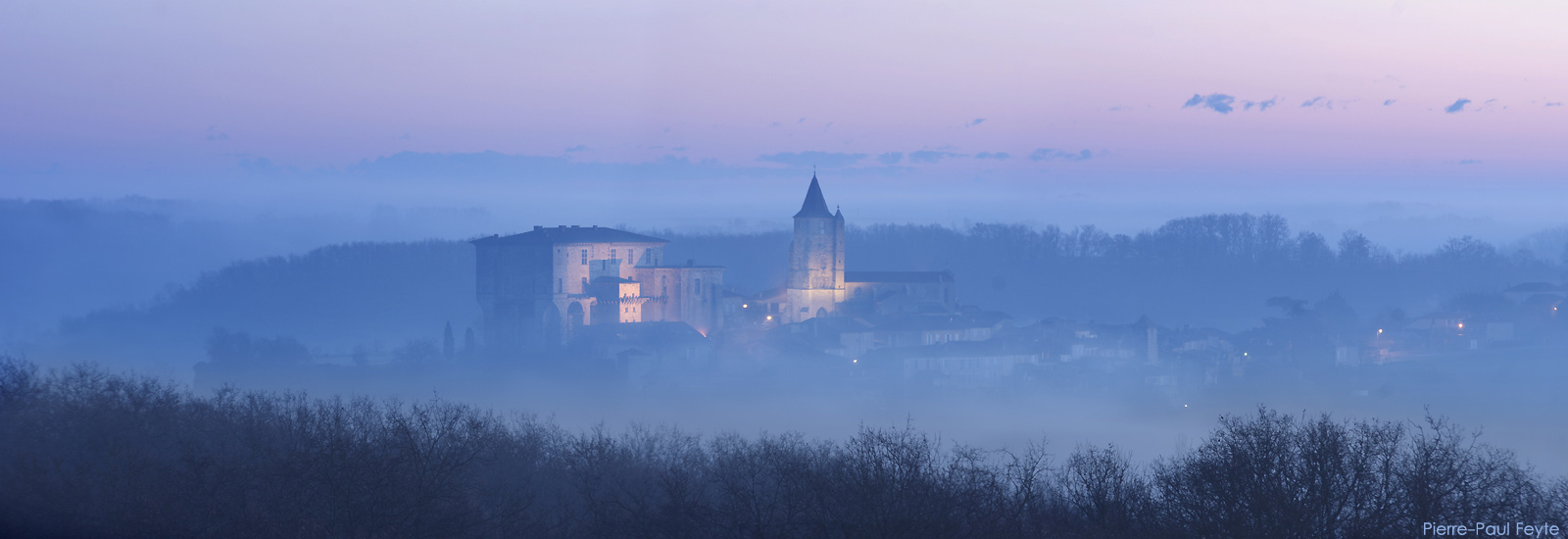
 dernier accès à la billetterie 1 heure avant la fermeture (afin de vous laisser un temps de visite confortable).
dernier accès à la billetterie 1 heure avant la fermeture (afin de vous laisser un temps de visite confortable).